
We kindly inform you that, as long as the subject affiliation of our 300.000+ articles is in progress, you might get unsufficient or no results on your third level or second level search. In this case, please broaden your search criteria.

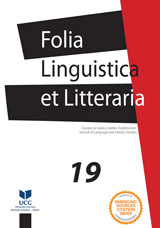
England, England is one of the most interesting books by the British writer Julian Barnes. In the novel the magnate Sir Jack Pitman decides to create a replica of England on the Isle of Wight by building on that island the most representative sites of the ―old England‖. The article focuses on the relationship between the real and the simulacrum and how this relationship is explored in Barnes‘s novel. The novel can be read in the framework of the Baudrillardian concept of the simulacrum and the superiority of the simulacrum over the original, a concept which is at the heart of Baudrillard‘s thought. The article elaborates on the idea that the replica, the simulacrum, undermines a very important foundation in the way our thinking and judgments have been traditionally formed. It undermines the superior position the original has had in Western thought because the simulacrum is not anymore dependent on the original but acquires a life and identity of its own. It seems as if the original and the simulacrum merge into one and it is impossible to make a distinction between the two. The article also uses Eco‘s idea of hyperreality and how the ―completely real‖ becomes identified with the ―completely fake‖. The article discusses how in Barnes‘s novel the opposition between the hyperreal England and the ―real‖ England becomes blurred. Thus the simulacrum deconstructs the hierarchy that exists between the original and the replica. England, England seeks to destroy, or rather deconstruct, the hierarchy of the traditional opposition between the original and replica.
More...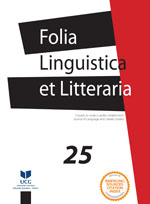
Based on the main structural and narrative elements and drawing on the predominant views in the short story theory, this paper deals with the analysis of endings in Joyce’s Dubliners, as well as with various modes of their constitution regarding the effect they produce. Since the ending is regarded as the crucial component of short fiction, and bearing in mind the exuberant formal, thematic, symbolic and poetic potential that Joyce’s concept of epiphany has in the structuring of ends, it can be said that Dubliners is a collection that set the standard in the genre. This article aims at delineating the differences between the closed and open ends, pointing to the complex ontological implications of the latter ones, particularly in the light of the final story’s ending, “The Dead”, which also marked a multiple crossing of borders in terms of the form, genre and general poetics of James Joyce.
More...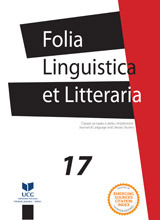
This paper combines both linguistic and literary examination of the employment of nominal and pronominal forms of address in The Merchant of Venice. Depending on their mode of use and context, these forms of address can empower or disempower either addressees or addressers. Such forms of address can, for example, denote closeness, distance, familiarity, hesitation, social and hierarchical position. Nominal forms, whether names, titles, occupations or offensive modes of address, consist of either single (a nominal consisting of only one element, e.g., ‘Shylock’) or combined forms (a nominal consisting of two or more elements, e.g., ‘My sweet Portia’). Combinations of different forms (e.g., a name and a title or a name preceded by an adjective) are common and they strengthen or diminish a character’s power. In The Merchant of Venice, pronominal forms, especially you and thou, serve to promote and uphold Elizabethan ideas of order, racial intolerance towards Jews, and obedience to the sovereign. They also serve to maintain patriarchal values and societal hierarchy in general. Thus you is normally used to show respect, distance or formality, while thou is used to show disrespect, closeness or informality. However, the language of Shakespeare’s time is transitional, with many remnants of Middle English.
More...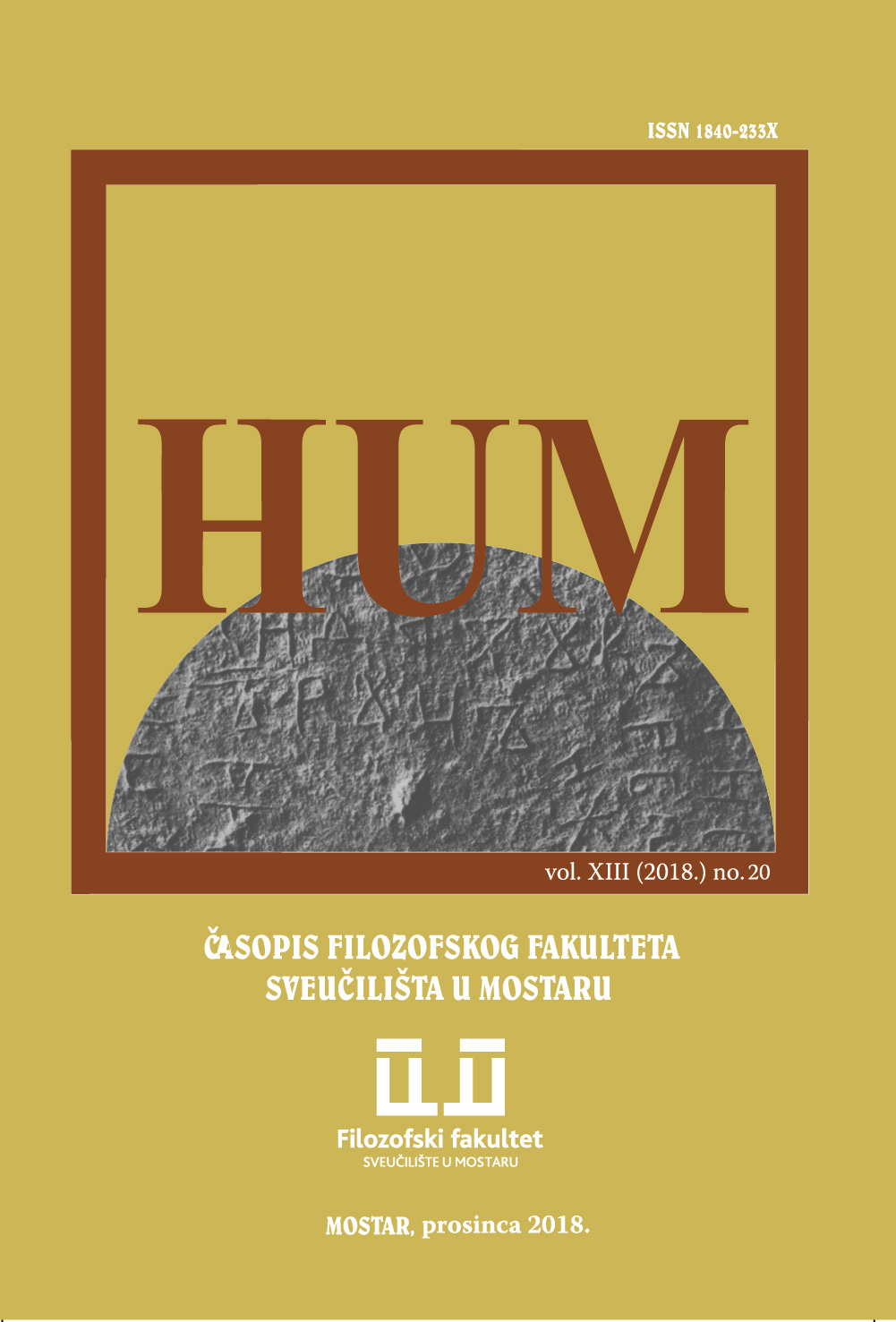
This paper is based on earlier studies in the area of conceptual metaphor analysis and cognitive linguistics, pointing out the metaphor as one of the most important rhetorical figures in the literary work. The paper will analyze the conceptual metaphor of horror in the novel Dracula by Bram Stoker, published in 1897.The metaphors were analyzed on the semantic-cognitive level, according to George Lakoff and Mark Johnson's theory. The paper uses methodological procedures that include corpus analysis and metaphors identification based on the conceptualization of the horror entity in the original text. The importance of the conceptual metaphor is pointed out, as well as the concept and the meaning of the horror entity in the conceptual area.The aim of this research is to point to the importance of metaphoricity and its cultural-specific connotations, as well as universality of language describing horror.
More...
Shakespeare’s universality places him beyond all ages. He is the only author, not born in our age but whose works guarantee on regular basis financial prospects. Shakespeare's success story as a writer is unprecedented in human history. Apart from the prophets of the Holy Scriptures and the philosophers of antiquity, no one else but Shakespeare can claim an impact on human mind and heart of a mega scale that goes beyond any age, any religion, any language and any geography. Uncertainty of the political systems, ruthless growth of violence, sexual anxiety, dismemberment of filial bond and the essential spirit of improvisation in times chaotic, the very hallmark of our culture as well as of his drama, force us to see him in a post-colonial contemporary context to find a direction, a resolve and an asylum from the ‘neo-colonial’ disaster of the 21st century. Shakespeare’s treatment of the word imagery, giving word a graphic texture, does not allow his modern audience to approach his works dealing with the concept of ‘conflict’ in the Greek classical sense of the word. Conflict is not the soul of Shakespearean tragedy. Shakespearean tragedy transforms it into the ‘illumnationist’ principle of ‘diversity’. Shakespeare’s art is the ‘quintessence’ of mankind. Whenever justice is violated, his drama speaks for those who stand bewildered, lost and wronged. KingLear, arguably, is the greatest specimen of poetic art on earth. The play is gradual defining of a new sensibility where life is regarded as culmination of a process of transformation. A play where, ‘Najasa’ (a term to describe the fallen women; from Arabic Najas: the impure, unwholesome, filthy) the faithless-faceless-shameless ‘whore, the bawd’, introduces in the name of progressive disciplines its filth and corruption as normal walk of life. These fashionable the ‘gilded butterflies’, the worldly wise ‘court rogues’, if remain the role models, human civilizations stand no chance to grow intellectually and spiritually. These people represent a mindset, the mind of the outdated patriarchal system of cheap compromises, disloyalty, lack of dignity, competition for power play and possession of wealth. Shakespeare suggests a solution; matriarchal system.
More...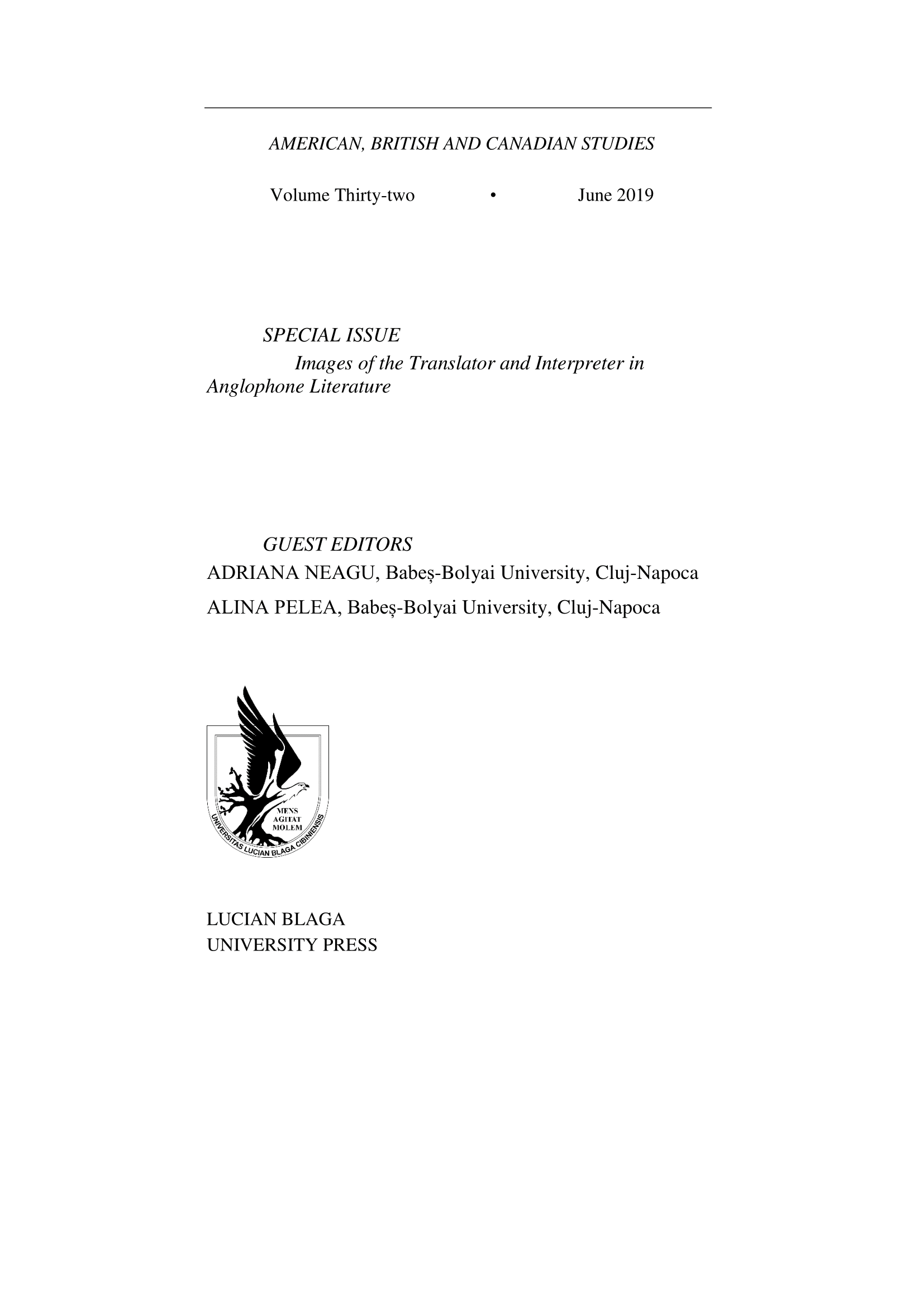
It is not a recent discovery in the field of language history that the address pronouns thou and you were not, in Shakespeare’s time, used indiscriminately. If the speaker did have a choice between the two forms, that choice was by no means random, idiosyncratic or arbitrary, but always dictated by the social, relational or attitudinal context of a speech act. Nonetheless, all 20th -century Romanian translations of Romeo and Juliet (and of other Shakespearean plays) – from Haralamb Leca’s rather loose rendering (1907) to Ștefan-Octavian Iosif’s and to Virgil Teodorescu’s more refined versions (1940 and 1984, respectively) – seem to ignore the difference in associative meaning between the two forms, which is sometimes essential for a correct assessment of the relationships between characters. The latest Romanian translation of the play, which we have jointly submitted for publication within the Shakespeare for the Third Millennium project (William Shakespeare. Opere XIII, 2018) acknowledges the importance of the various associative meanings that the two pronouns carry and strives to restore these meanings to the text, though not without difficulty, given the rather restrictive form of the original, i.e. iambic pentameters, often with strict rhyme schemes. Thus, focusing on the well-known “shared sonnet” as one of the most relevant instances of pronoun alternation in the play, our paper discusses the uses of you and thou in Early Modern English and sets out to assess how much is lost in 20th -century translations, to show how our own translation restores the associative meanings of the two pronominal forms and finally to exemplify how we managed to overcome translation difficulties entailed by the metrical and stylistic demands of the text.
More...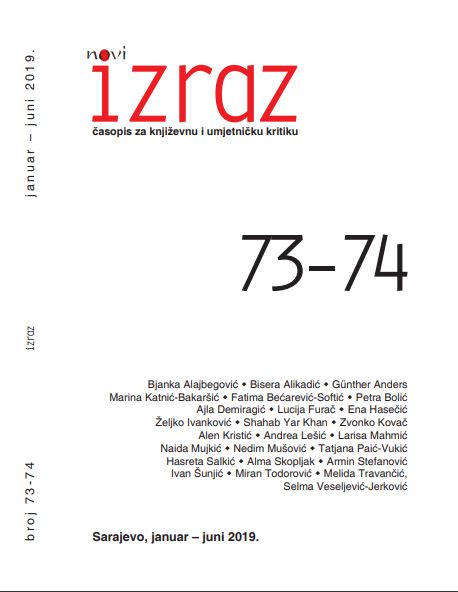
Kad se svijet bude raspadao i kad olujni vjetrovi izobličenih političkih redova puhnu razdirući obraze, kada suze poput mrena i uzdasi poput uragana namoče naše zvonike, zaglušujući pjesmu pijetlova, kada se sve bijele glave, glave s veličanstvenim teretom mudrosti koji im je podaren, odzvone – svi ćemo čekati, brojeći trenutke kada će snažni grom udariti i sravniti zemlju i kada svo sjeme bude prosuto, sjeme iz kog se zameće ljudski rod, nezahvalna stvorenja koja pužući zemaljskim tlom uobražava da njime vlada.ovako teče drama života:Lear: Pušite, vjetrovi, i lomite obraze! Bijesu, puši! Nebeski vodopadi, prolomi kiše kroz oblake, hajde, sipajte sve dok nam skroz ne potopite palate i ugušite pijetlove!
More...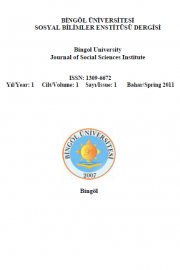
This study seeks to explore the images of Turks as a non-european other in the works of Lawrence Durrell. In his works, Durrell shows how representations of cultural difference are inextricably linked to representations of sexual difference. Thus Durrell’s Europeans are surroundered with an aura of colonial power, erotic potency, and easy penetration into the spaces of the other while Turks are reprented as feminized, emasculated and humiliated. The images of the European White man and non- are dependent on the negative image of Turks ,the other. In exactly the same way, Istanbul ispresented as a city of decadence and decay, a place where decent human values broken down and where individuals survive by their wits abilitiy to dodge or swindle.
More...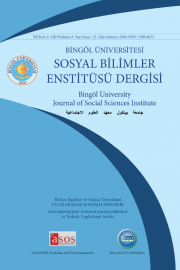
This paper will deal with the reasonings in some of the works of Agatha Christie (1890-1976), who is among the foremost representatives of the genre of detective novel. The paper will try to show what kinds of reasoning this author used in her detective novels, whether these reasonings are clear or not, whether the conclusions are drawn from the premises or the conclusions are given first and the premises later, i.e. whether they are based on reasonings in ordinary language.
More...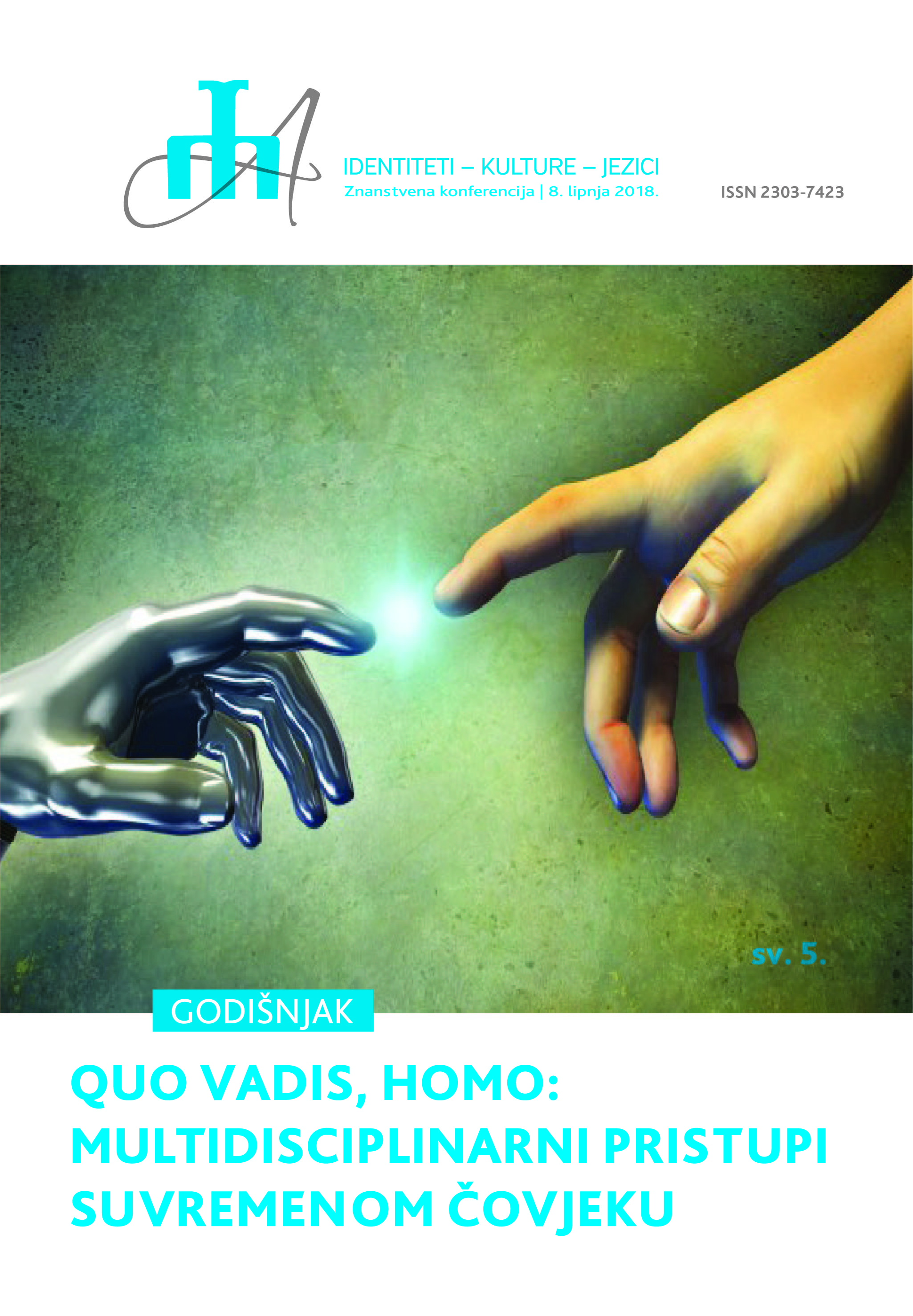
Mary Shelley's Frankenstein is a multilayered work and, as such, enables multiple interpretations. One such interpretation is the application of Julia Kristeva's psychoanalytic, feminist theories to Mary Shelley's biography. By following Sigmund Freud's and Jacques Lacan's theories, Julia Kristeva thematized the influence of the mother in a patriarchal world. The character of the mother is at the center of her theory. She claims that one needs to separate from the mother and her body if one wishes to be independent. To be more precise, one needs to commit matricide as a first step towards independence. However, a mother's body can never be completely rejected and as such, it always exists on the „borders of one’s identity.” Kristeva's theory is especially applicable to Mary Shelley's biography – the death of her mother, Mary Wollstonecraft; Mary Shelley's alienation from her father; several miscarriages and tragic deaths in the family. To Shelley, as well as Kristeva, the character of the mother, is the focus of interest. Even though the character of the mother is present in Frankenstein’s text and subtext, the novel is not only about mother(s) but also about father(s). Through the motif of asexual creation, Mary Shelley criticizes her father, William Godwin, for neglect; male encroachment into the female sphere of childbearing and childrearing and finally, she criticizes patriarchal society for marginalizing women. Thus, Frankenstein can be understood as a critique of inadequate parenting that thematically wavers between matricide and patricide.
More...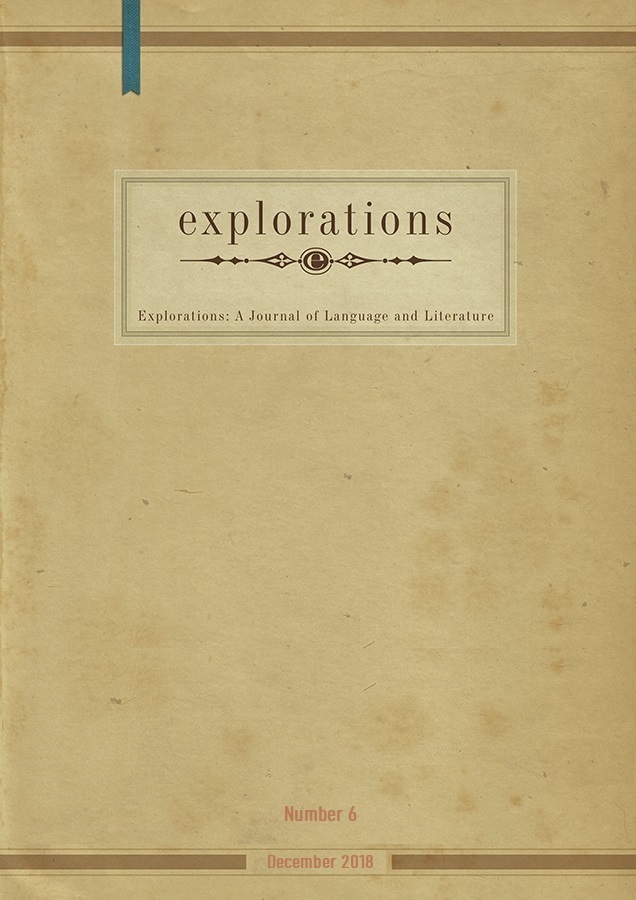
The article focuses on J. H. Prynne’s 2010 volume Sub Songs, arguing that the poems respond to the reality of crisis-ridden Britain. Particularly, it is the jargons of neoliberal economy that are explored and opposed, as Prynne’s poems challenge the simplistic and thought-deadening language of the contemporary world, they offer a chance to cast about for new ways of sense-making.
More...
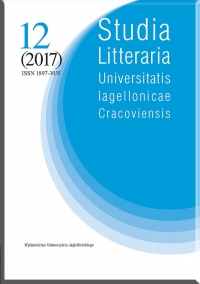
Eimear McBride’s A Girl Is a Half-formed Thing (2013) is a prime specimen of post-Joycean heteroglossia in Irish fiction. The novel exhibits a programmatic dialogical/intertextual orientation orchestrated with its own parodic and ironic modes, which makes McBride’s work uniquely capable of re-energizing Irish cultural tradition. Simultaneously, her novel contributes its own distinct voice to the impressive amplitude of artistic expressions which have emerged from Irish culture in the wake of Joyce’s writings. Mikhail Bahtin’s approach to the novel (as discussed in The Dialogic Imagination), in turn, is particularly relevant to McBride’s fiction because of her incorporation (as well as adaptation) of a variety of voices and perspectives.
More...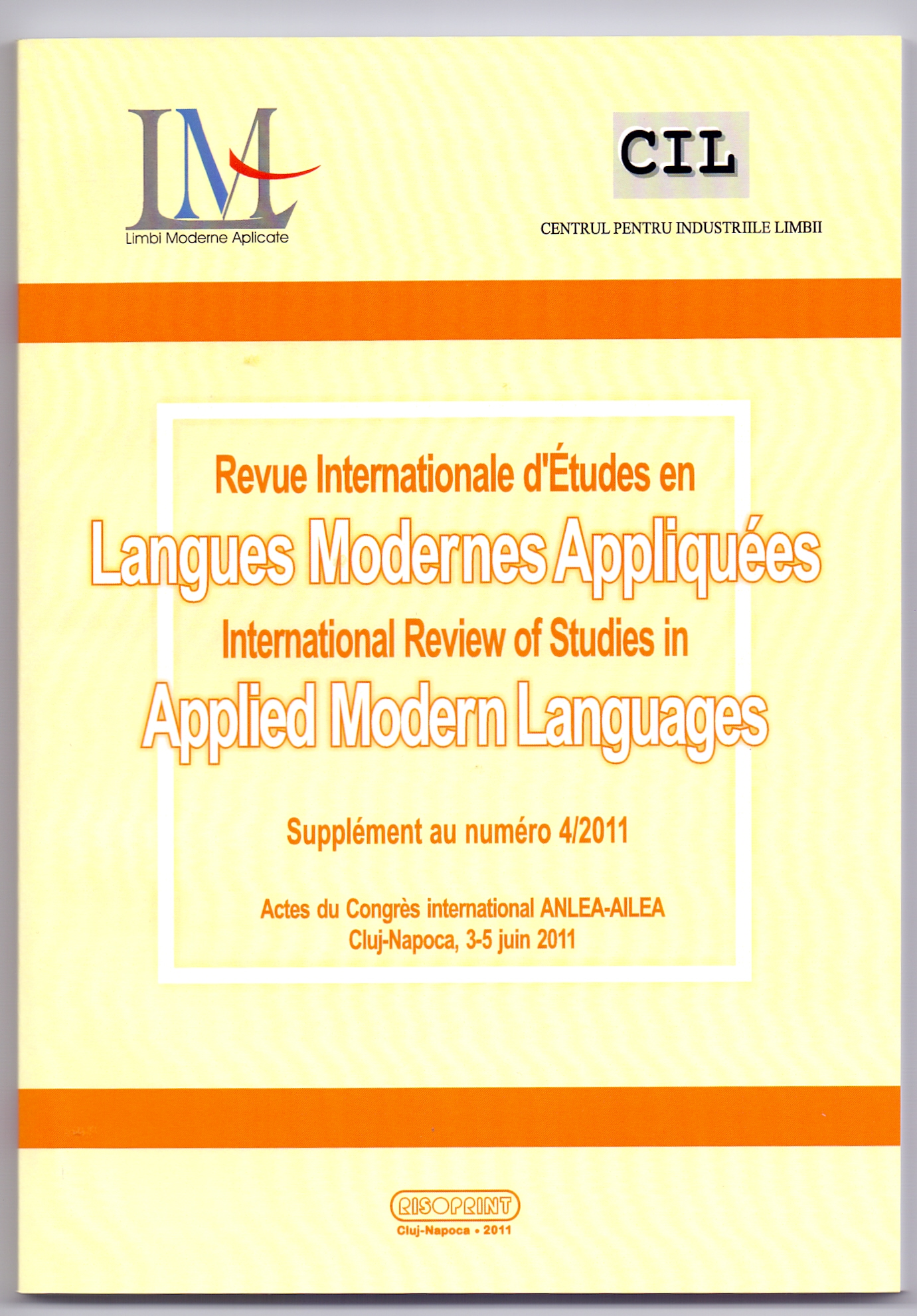
The study focuses on the phonetic level of Shakespeare’s language, particularly on spelling, and it represents an overview of the main translation difficulties encountered by the Romanian translators of several Shakespearean plays. Given the fact that Elizabethan pronunciation and spelling were considerably different from what subsequent readers and translators came to be accustomed to, the editorial intervention in the text has always been a controversial issue. The editors’ and the translators’ choices have left an indelible mark on our understanding of the Shakespearean text today.
More...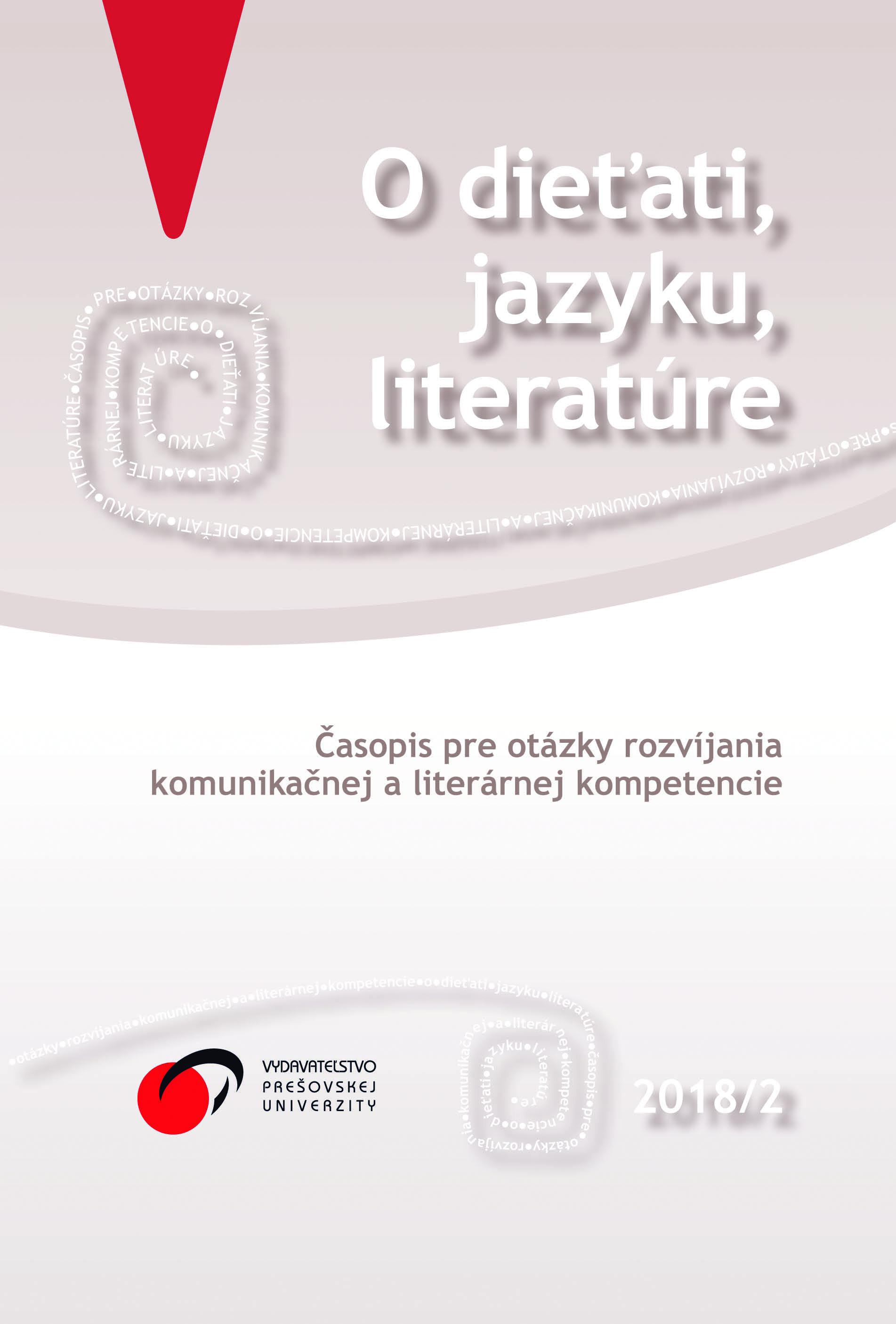
The article focuses on the issue of a person from disadvantaged social background as featured in the following books by Jacqueline Wilson The Illustrated Mum, Dustbin baby and Diamond. These literary works deal with mothers and daughters who live on the margin of society. In the case of the mothers, it is their choice, butin the case of their daughters, it is a consequence. These attractive stories for young readers are told by a child narrator, thus they are affected by child’s perspective, i.e. child’s perceiving and experiencing reality. More advanced readers can deduce deeper meaning and gain some information about functioning of the social system in Great Britain, for example the issue of placing children in foster families and the possibility of removing them from one family and placing them in the other before reaching adulthood. The analysed stories capture the absence of affable feelings in the child during such process, by which they are affected for the rest of their life. The life on the margin of society puts the children into a vicious circle as it is very difficult for them to find one’s wayout. The books by this author can be recommended also to students and social workers.
More...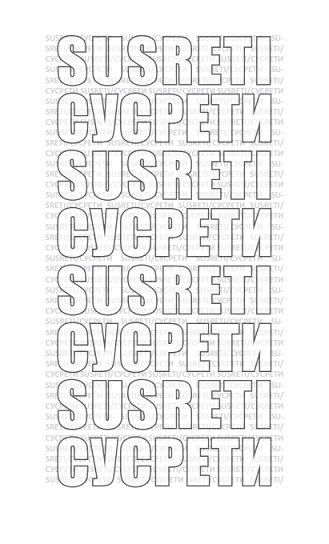
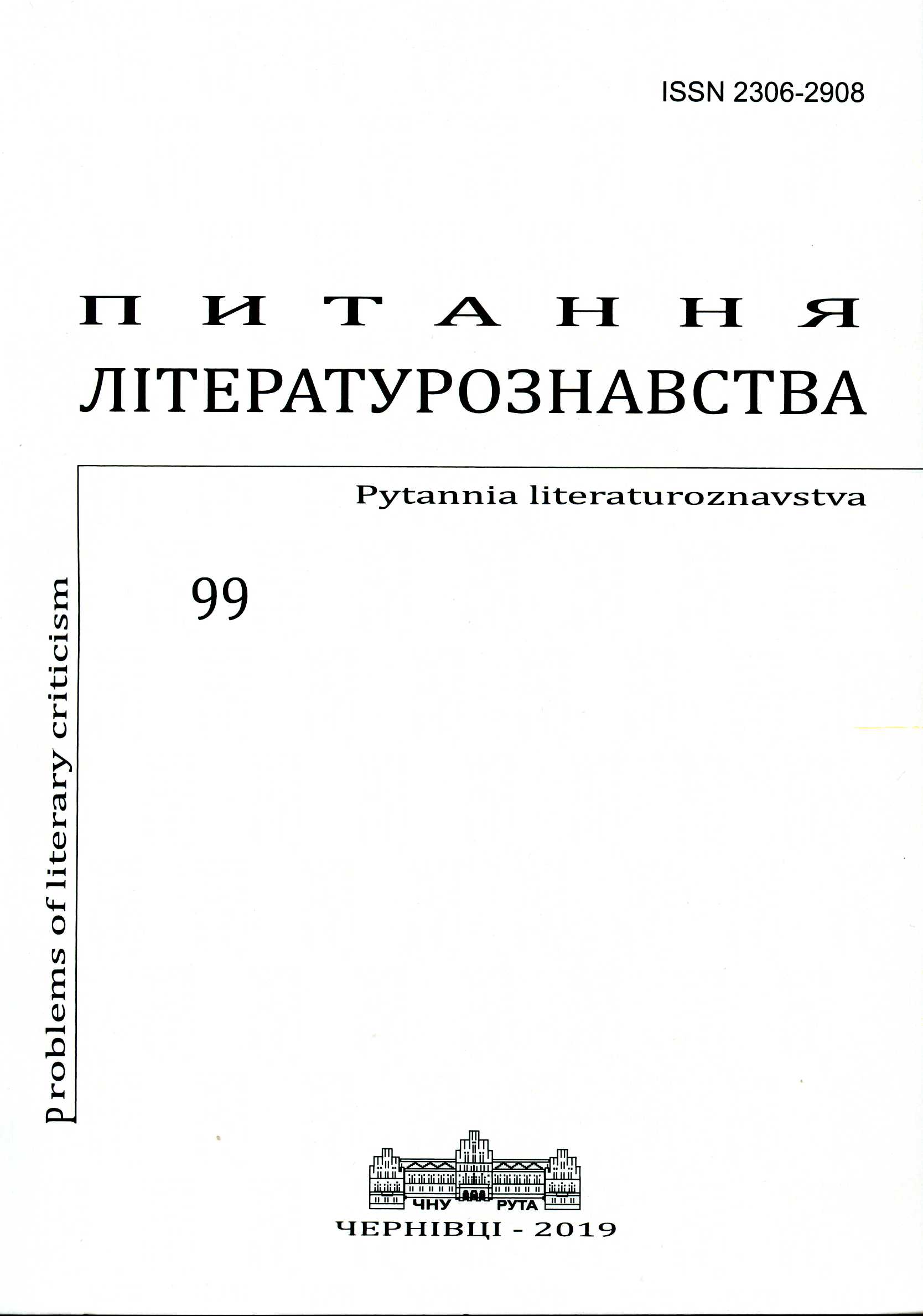
The paper studies the tendencies of contemporary Scottish prose in the recent three decades (starting from 1980s and up to now). Scotland is seen as an imaginary construct produced in the result of both literary and political discourses that are extremely interwoven. The research’s starting point is the problem of devolution, Scottish nationalism and their apparitions in literary texts. Alasdair Gray, James Kelman, and Irvine Welsh’s novels represent the ground for experiments with an idea of both national literature, and national identity. Scottish devolution and the apparitions of Scotland are seen through the predominantly fading white male masculinity within the context of class and self-identification. The motifs of loss, disorientation, instability, and macabre rebellion in the novels of devolution writers are inherently representational of the political scene at the time. The problem of identity is studied via the new narrative techniques introduced by Kelman and developed later by Welsh. Defying Standard English as a means of narrator’s control over characters’ discourses Kelman is thus trying to overthrow not only literary hierarchies, but also class and national ones. Kelman’s Glasgow Patter becomes a turning point in revealing the breeches in hierarchies within the institutions called the Great Britain and British literature. The scandal caused by Kelman’s novel How Late It Was, How Late that won Man Booker Prize in 1996 voiced not only literary, but also linguistic, national, and self-identification incongruities inscribed into the anglocentric political and literary hegemony. Moreover, paper concentrates on the humanist and ethic turn that Scottish prose takes closer to fin de siècle. Predominantly, this research deals with the texts of A. L. Kennedy and Jackie Kay. The issues of solipsism in a vibrant postmodern world, as well as the problems of policing race, gender, marriage come to the front of Scottish prose at the beginning of the epoch of naughts. The new images of Scotland are projected through the myriads of subjective mirrors of consciousnesses belonging to the unstable and quite exhausted individuals of any race, class, or sexuality. The cosmopolitan and inclusive Scotland arises from the pages of contemporary Scottish novels. At times, this is the Scotland that never calls itself as such, or mentions itself, let alone pondering on any national issues rather than the issue of common human cause of survival.
More...
The primary aim of the article is to gain a better understanding of narrative unreliability as a literary device in reception perspective. While previous studies have focused mainly on textual incongruities, argued for an encoded strategy on the part of the implied author or have embraced a reader-oriented model; the present study attempts to analyze the concept of unreliable narration as a convergence of both the rhetorical and cognitive/constructivist models in genre identification. The object of the analyses is Sarah Waters’ novel “The Little Stranger”, in particular its metamorphosed genre with the elements of historical sketch, mystery, poltergeist/ ghost story, mysticism and detective intrigue. The author’s narrative strategy is specified by the multiple readers’ responses. Despite the explicit Gothic modality, the historical context makes it possible to implement the author's conceptual intentions. Sarah Waters chooses a subjective narration type, when the homodiegetic narrator performs a dual function: both the narrator-observer and the character. In his unreliable narratives, the complementarities of misreporting, misinterpreting, underreporting and misevaluating are traced. Narrative unreliability in the novel serves as a kind of disguise for the mental aberrations of the homodiegetic narrator, so that the peculiarities of his narration cause doubts about his adequacy, freeing the reader from his influence and making it possible to create various interpretations of the story. Consequently, narrative unreliability here directly affects both the genre identification and the range of reception shift from the implicit reader to the text (implicit communication), and from interpretive frames to the implicit author and reverse, that allows to apply a convergence of rhetorical and cognitive/ constructivist methods in the novel analyses.
More...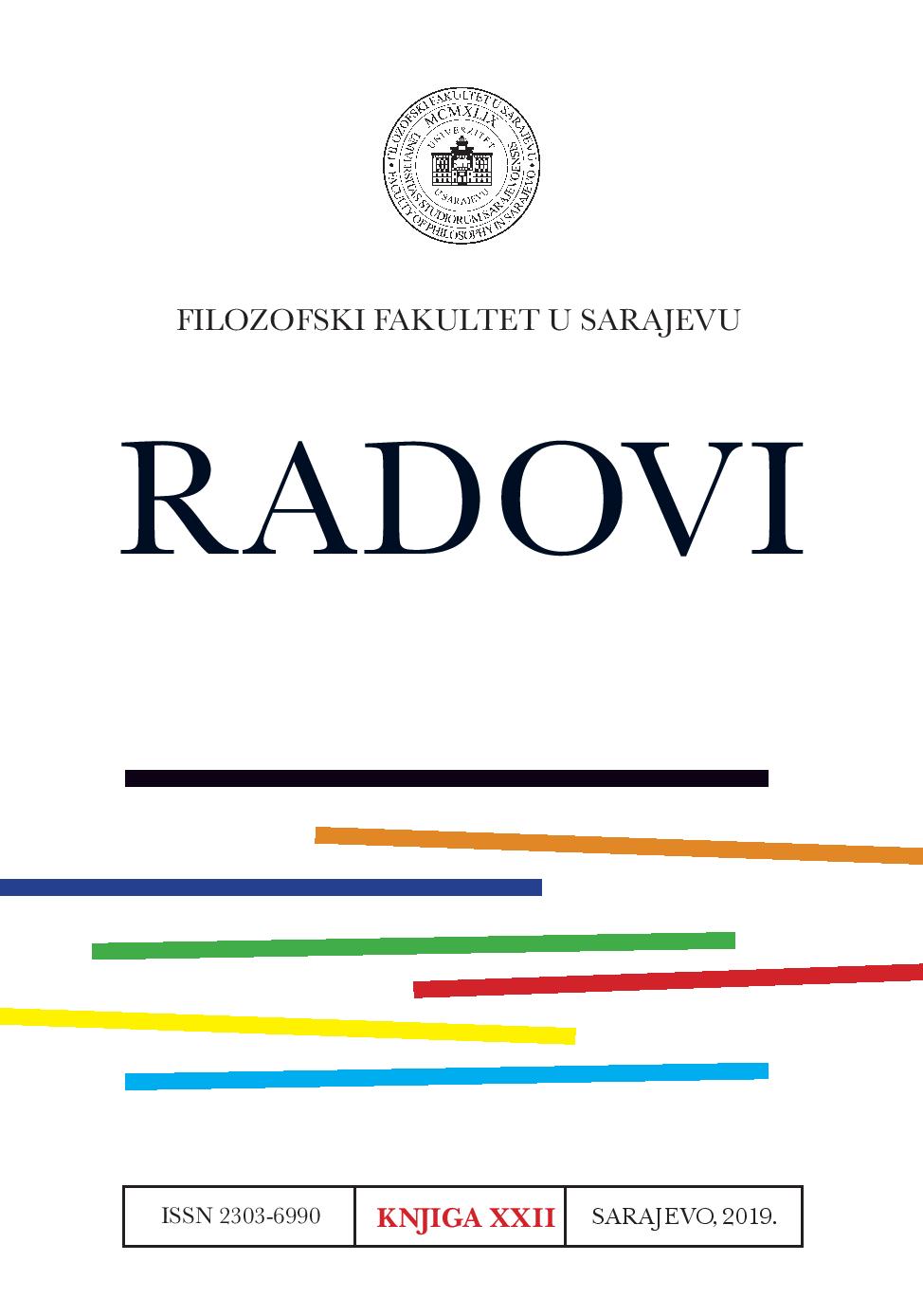
Review of: John Sutherland, The Good Brexiteer's Guide to English Lit. London: Reaktion Books, 240 str.
More...